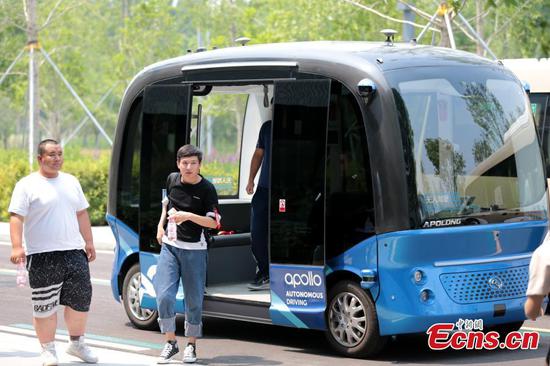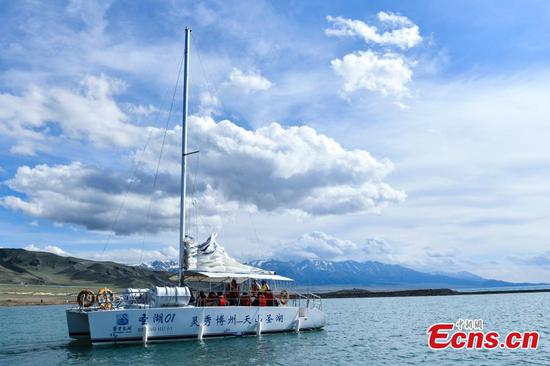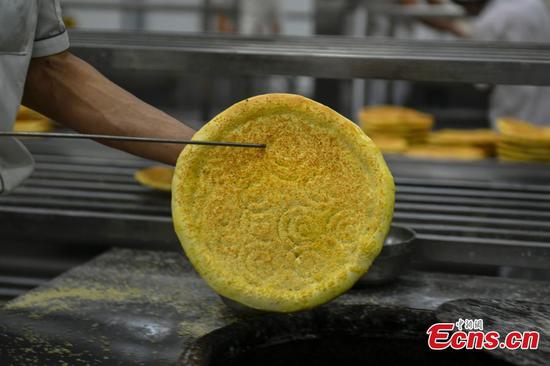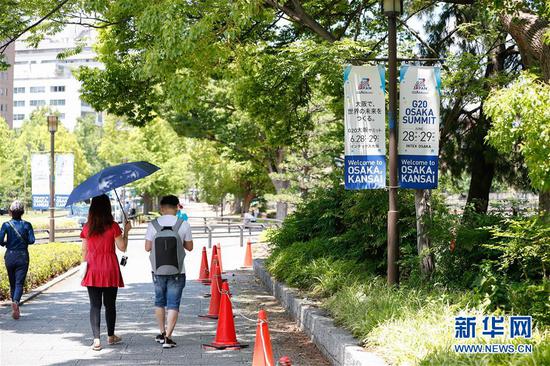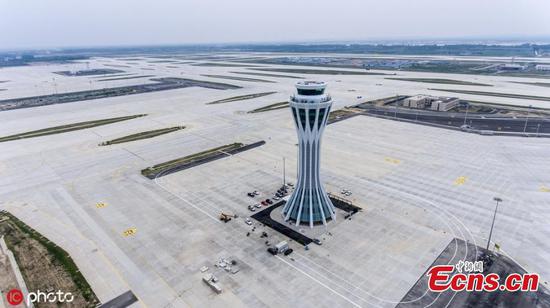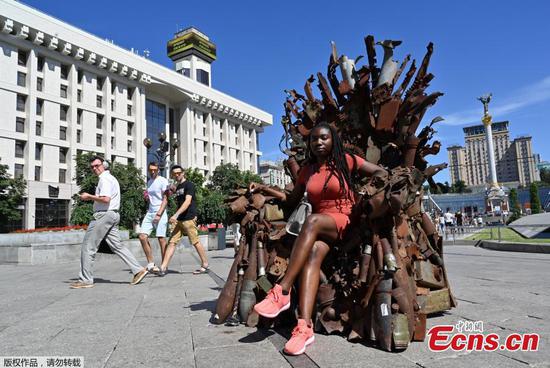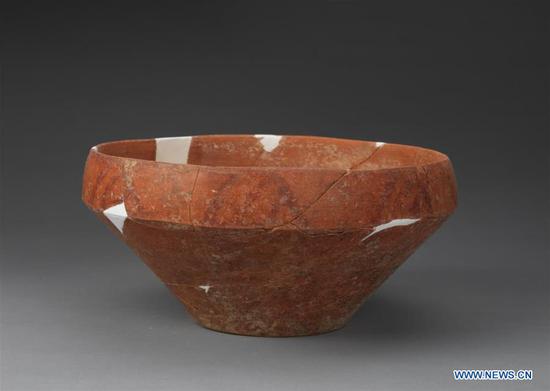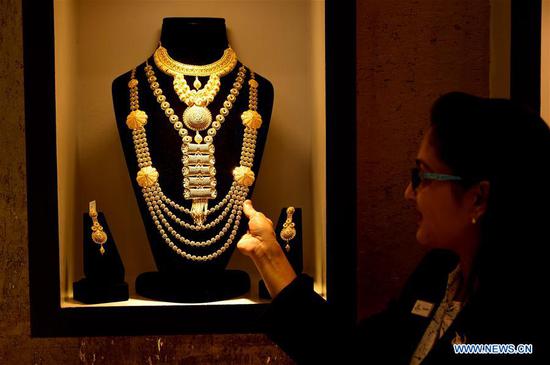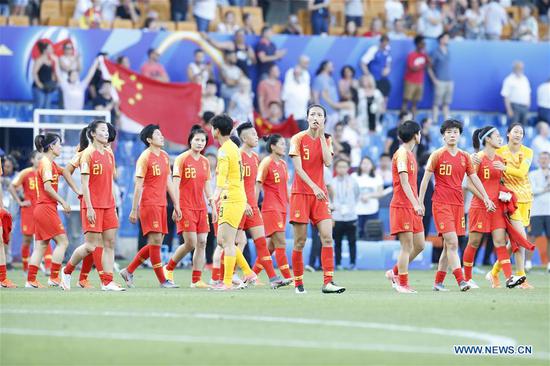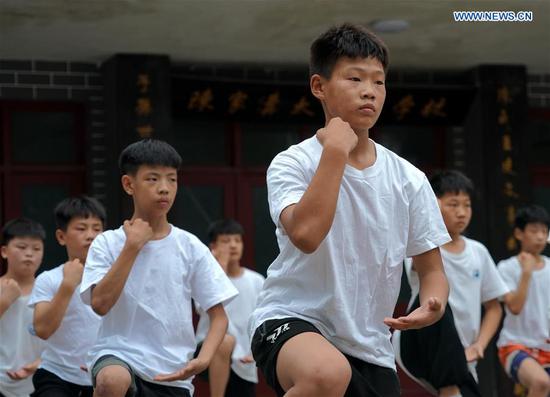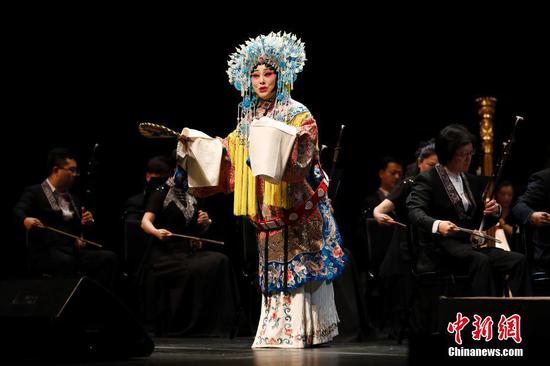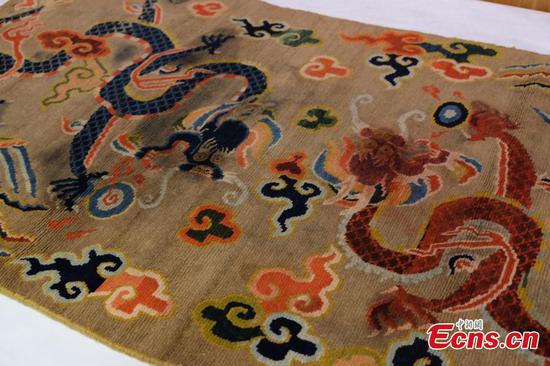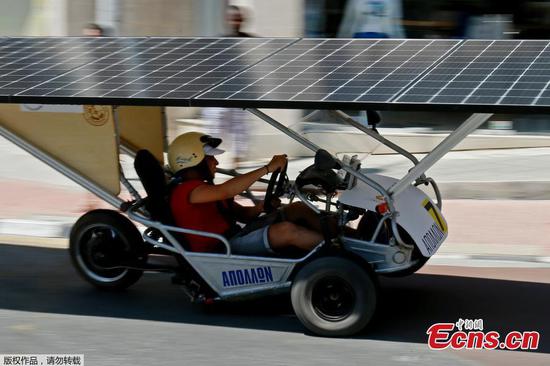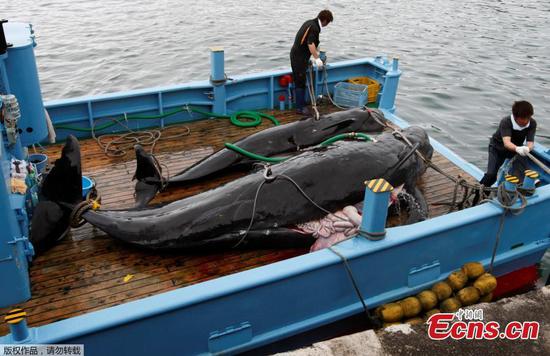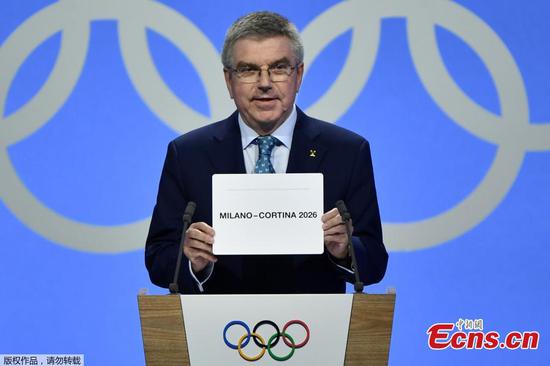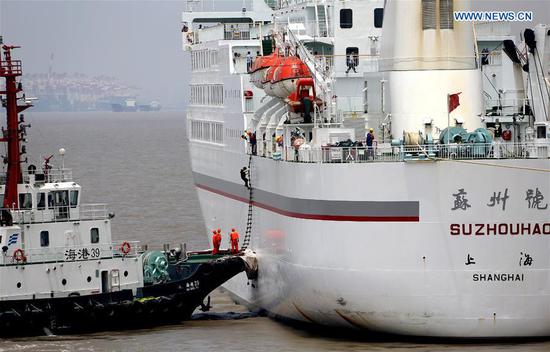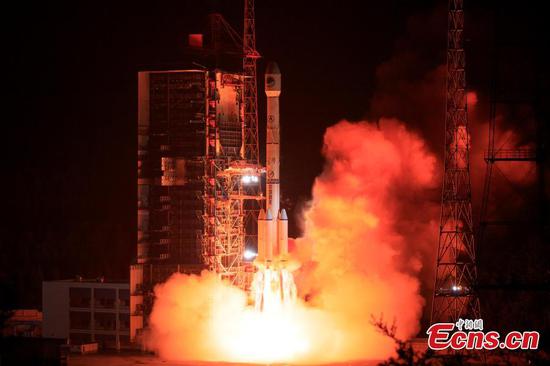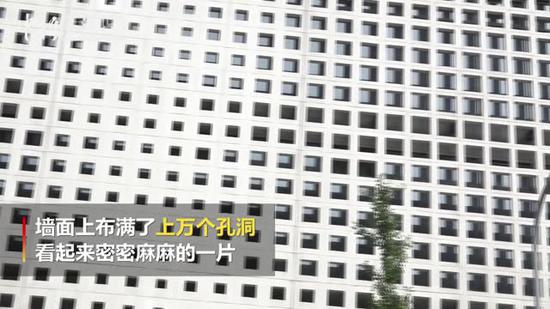Many U.S. business executives who testified during seven days of hearings on proposed additional tariffs on Chinese products said they hadn't encountered forced transfers of technology and that heavy duties are an inappropriate tool for intellectual property protection.
Chinese experts, meanwhile, contended that the misuse of tariffs as a weapon will backfire. It will hurt not only U.S. consumers, but also most of the large U.S. business groups that invest in China on a voluntary and mutually beneficial footing with their Chinese counterparts, they said.
At least 330 businesses and industrial groups testified during the hearings, which concluded on Tuesday, on the proposed 25 percent additional duties on around $300 billion worth of Chinese goods. The U.S. Trade Representative's Office has said the proposed tariffs were a supplemental action in response to China's "unfair trade practices" related to technology transfers, intellectual property and innovation.
The majority of the witnesses said the tariffs would raise consumer prices, disrupt supply chains and undermine businesses. They also argued that their Chinese partners are practically irreplaceable, while some tried to alleviate U.S. officials' concerns about China's trade practices.
Colin Angle, chairman and CEO of iRobot, a consumer robotics company, testified on the first day of the hearing that his company has used legal action to protect its intellectual property rights and takes the position that this is a more appropriate tool than tariffs.
"Although iRobot uses contract manufacturers in China, the company has not had to enter joint ventures, nor been forced to transfer its technology to China," he told a panel of U.S. trade officials from the USTR, the Commerce and Treasury departments and other federal agencies.
iRobot resolved a case in October in which it argued that its patents were infringed upon by "several factories in China", he said.
In a policy report issued early this month, Beijing stated that accusing China of stealing intellectual property to support its own development is an "unfounded fabrication".
It said China has established a legal system for IP protection that is consistent with prevailing international rules and adapted to China's domestic conditions. China strongly opposes forced technology transfers and takes "resolute" action against intellectual property infringement, the policy report said.
Monica Gorman, vice-president of footwear maker New Balance, who sought exemption for the company's Chinese imports from the proposed target list, said in her testimony that in August 2017, the company secured a "landmark" legal victory in Chinese courts against a major Chinese counterfeiter.
"New Balance received the highest intellectual property damages ever awarded to a Western company inside China," Gorman said.
Philip Poel, CEO of Ember Technologies, brought a temperature-adjustable mug with him when he attended the hearing. He said the company's mugs were 100 percent made in China. Ember was founded in 2010 by Clayton Alexander, who holds more than 100 patents worldwide and is the inventor of the General Electric LED light bulb Infusion.
That prompted a USTR official to ask how he protected patents in contract manufacturing.
"If you've been through or had the chance to visit a factory that we manufacture at, when you come into those factories, no keys, no phones. No, it's very much a lockdown situation," Poel told the official. "So they're protected through our vendor."
Chinese analysts said U.S.-China trade tensions are presenting significant risks for Chinese and U.S. businesses alike.
Zhou Mi, deputy director of the Institute of American and Oceania Studies of the Chinese Academy of International Trade and Economic Cooperation under the Ministry of Commerce, said increased tariffs have led to a five-month decline in China's exports to the U.S. and reduced U.S. exports to China for eight consecutive months.
The proposed U.S. list for imposition of tariffs on about $300 billion worth of Chinese imports would cause U.S. prices for cellphones generally to rise by 14 percent, according to research by Trade Partnership Worldwide, an international trade and economic consulting company.
Uncertainty in tariff measures has also resulted in a wait-and-see attitude toward investment cooperation between enterprises in the two countries, Zhou said.










